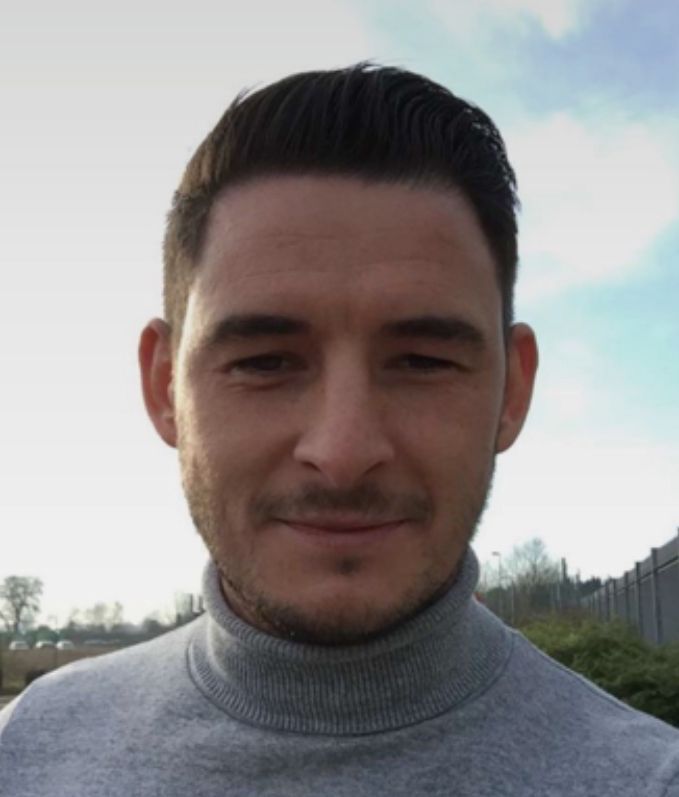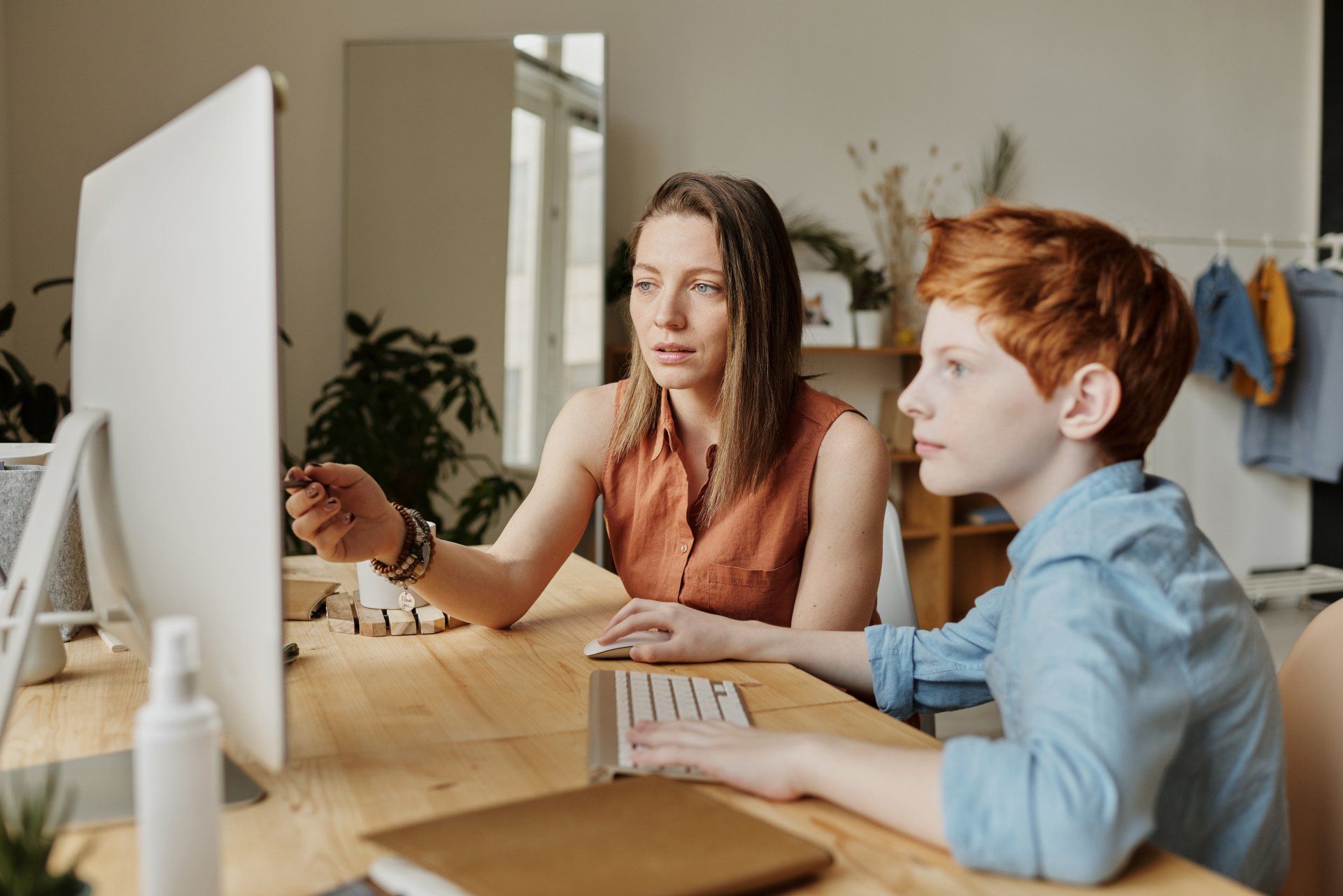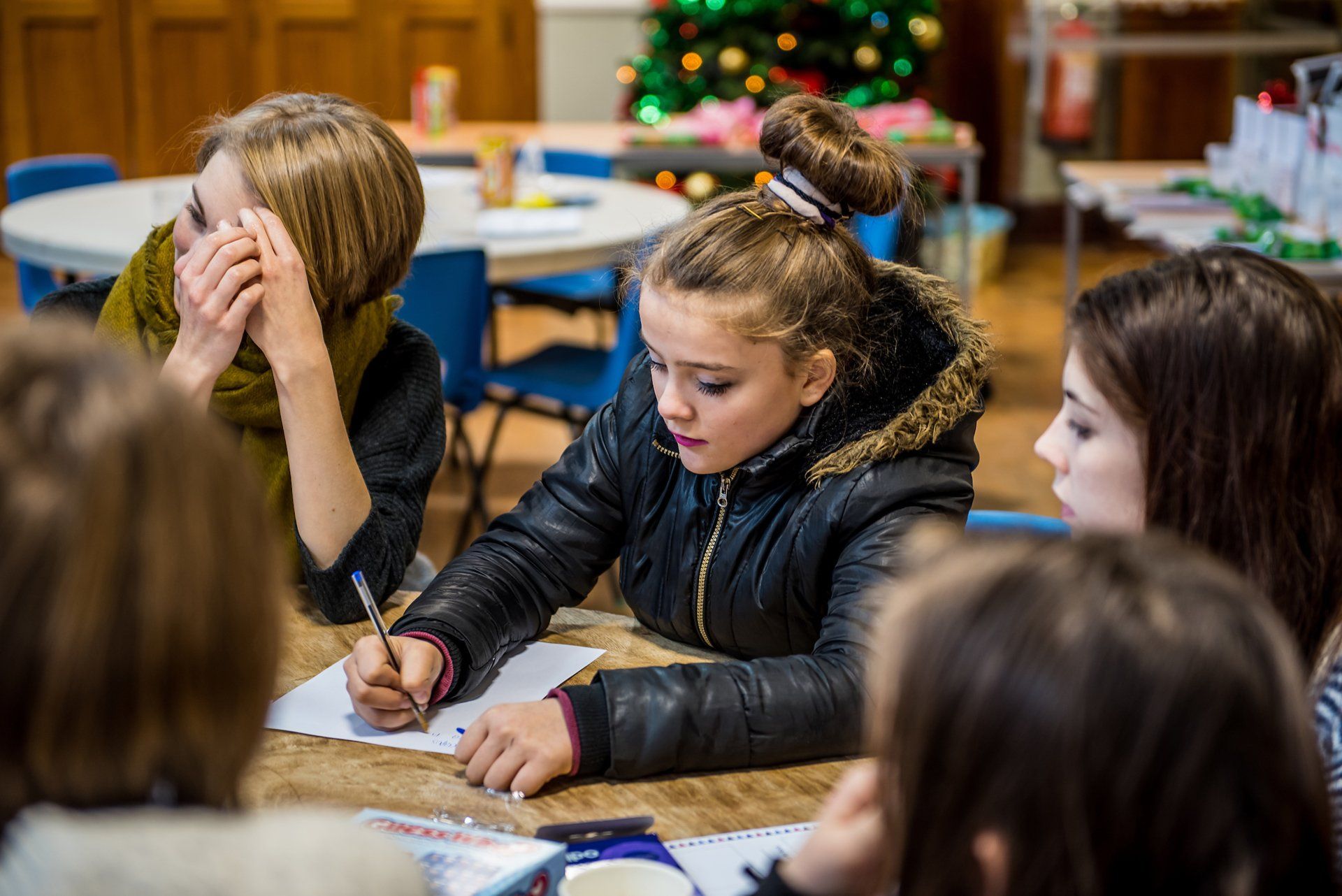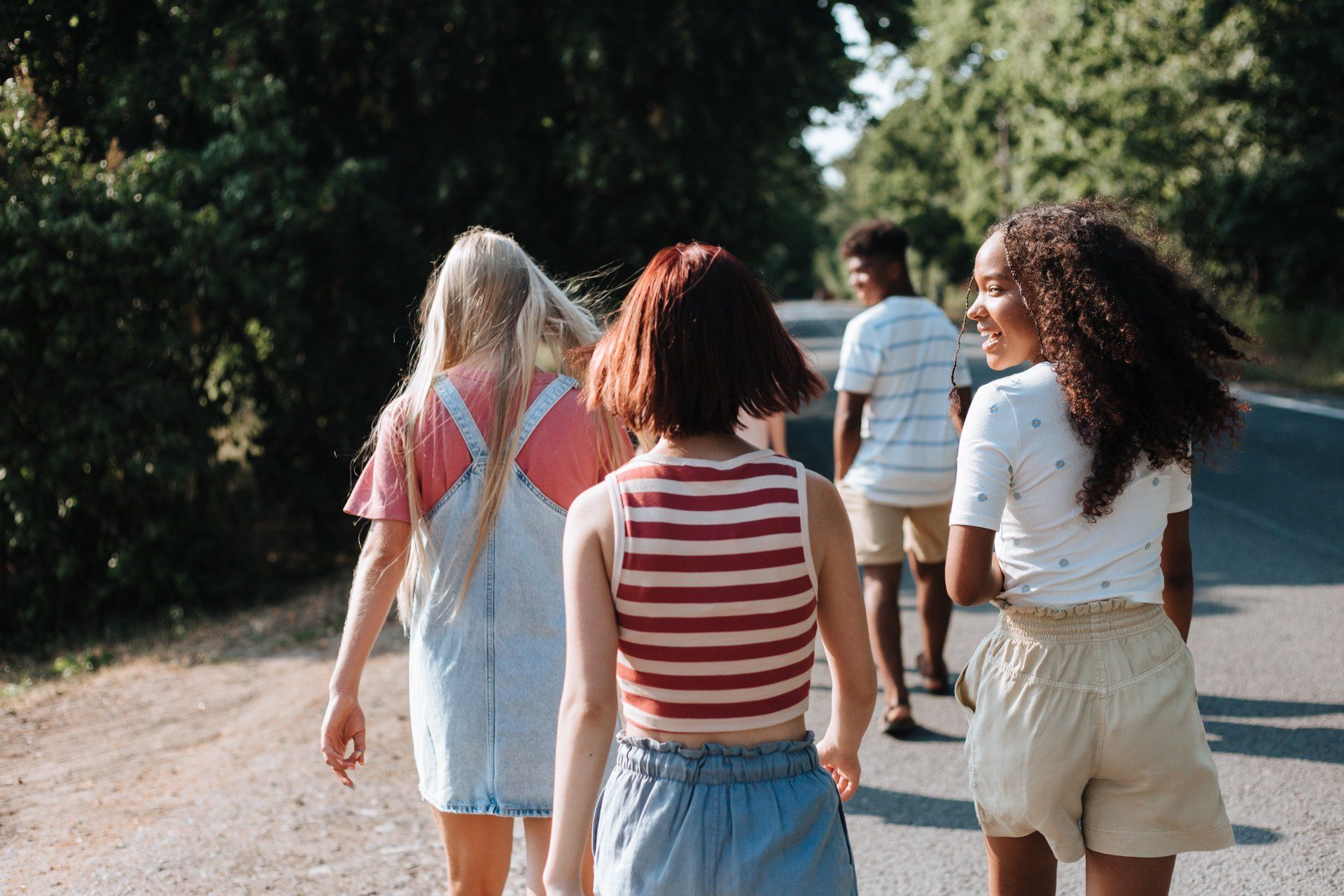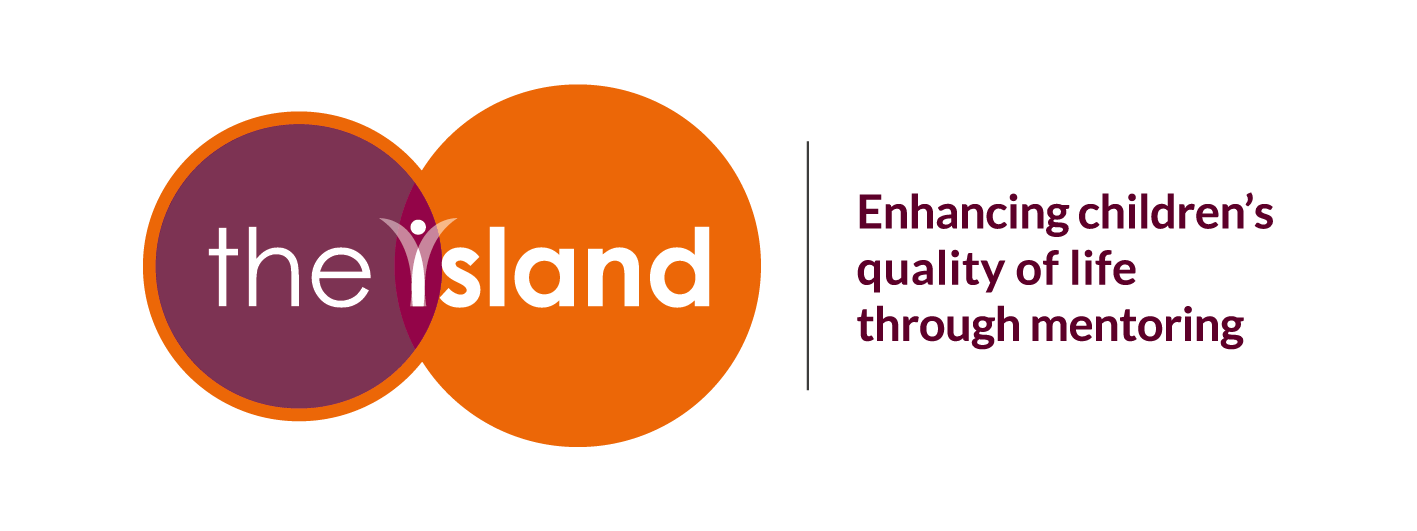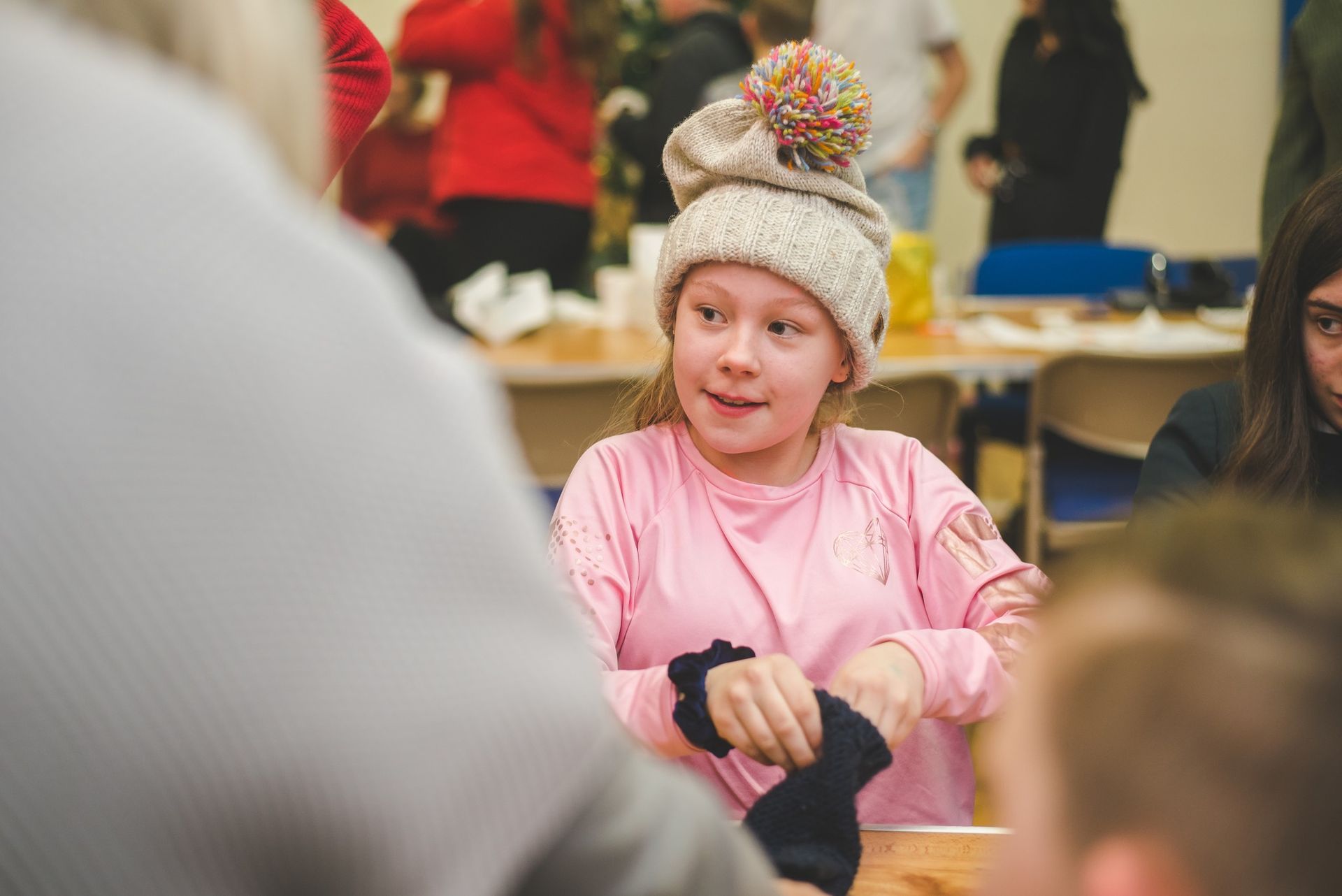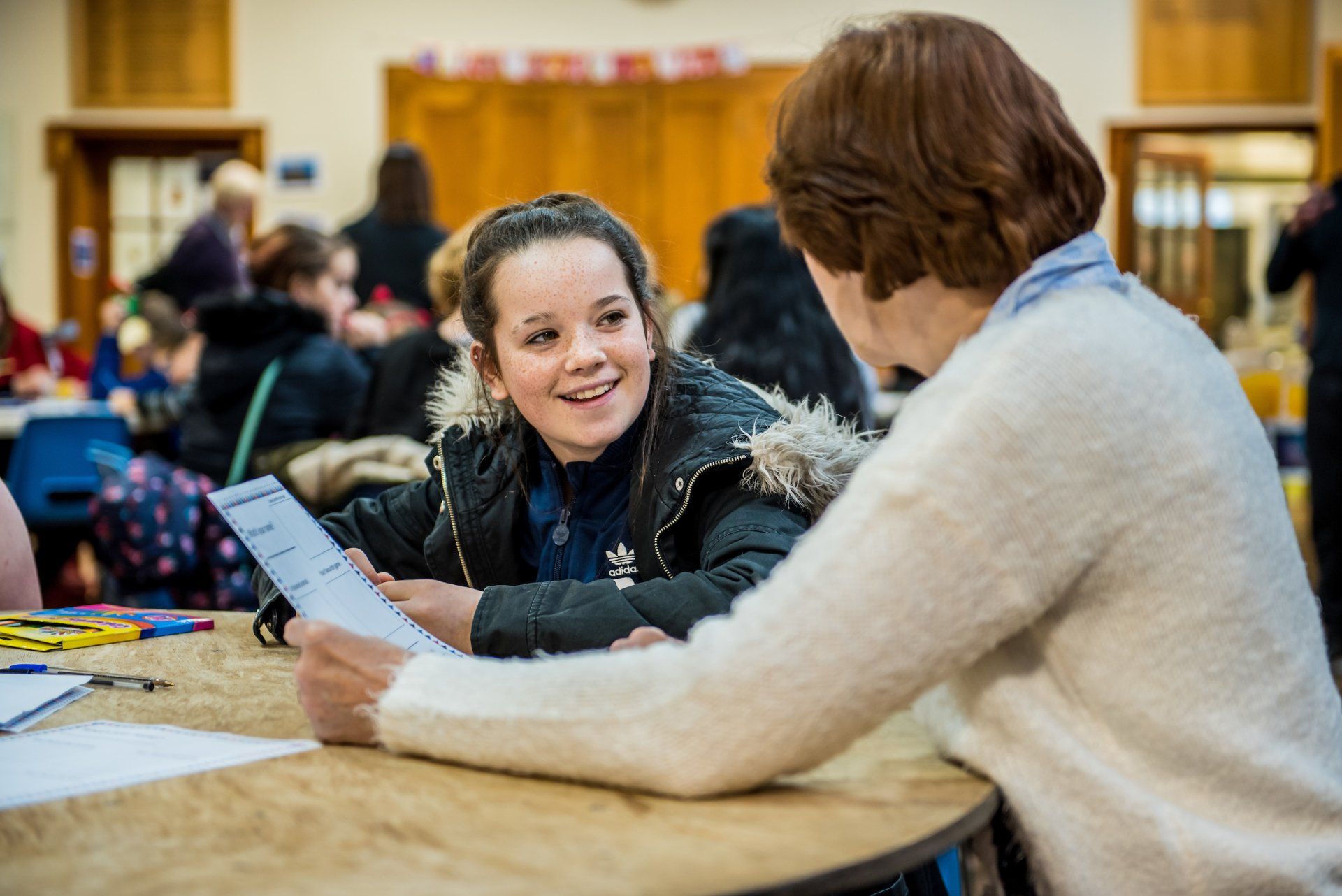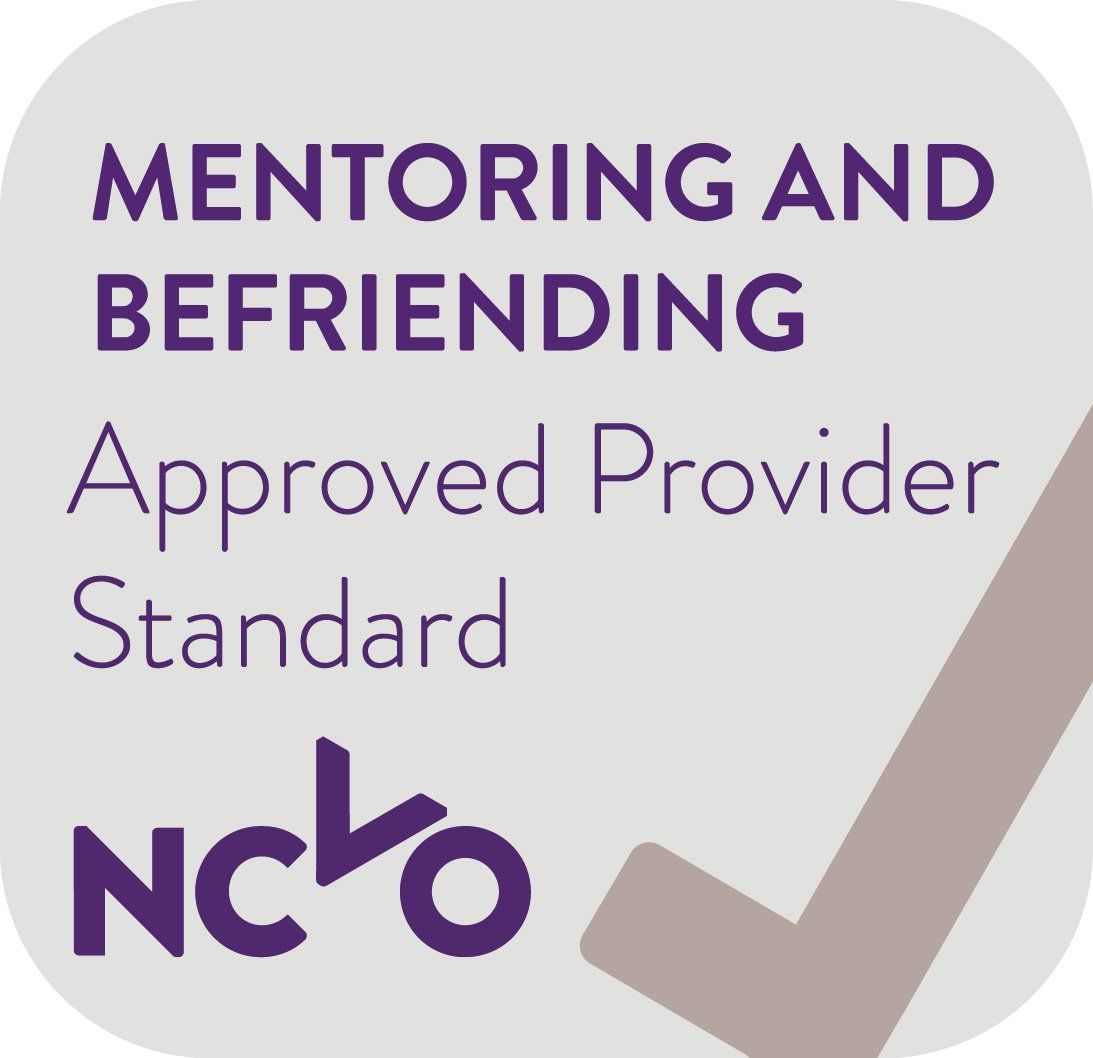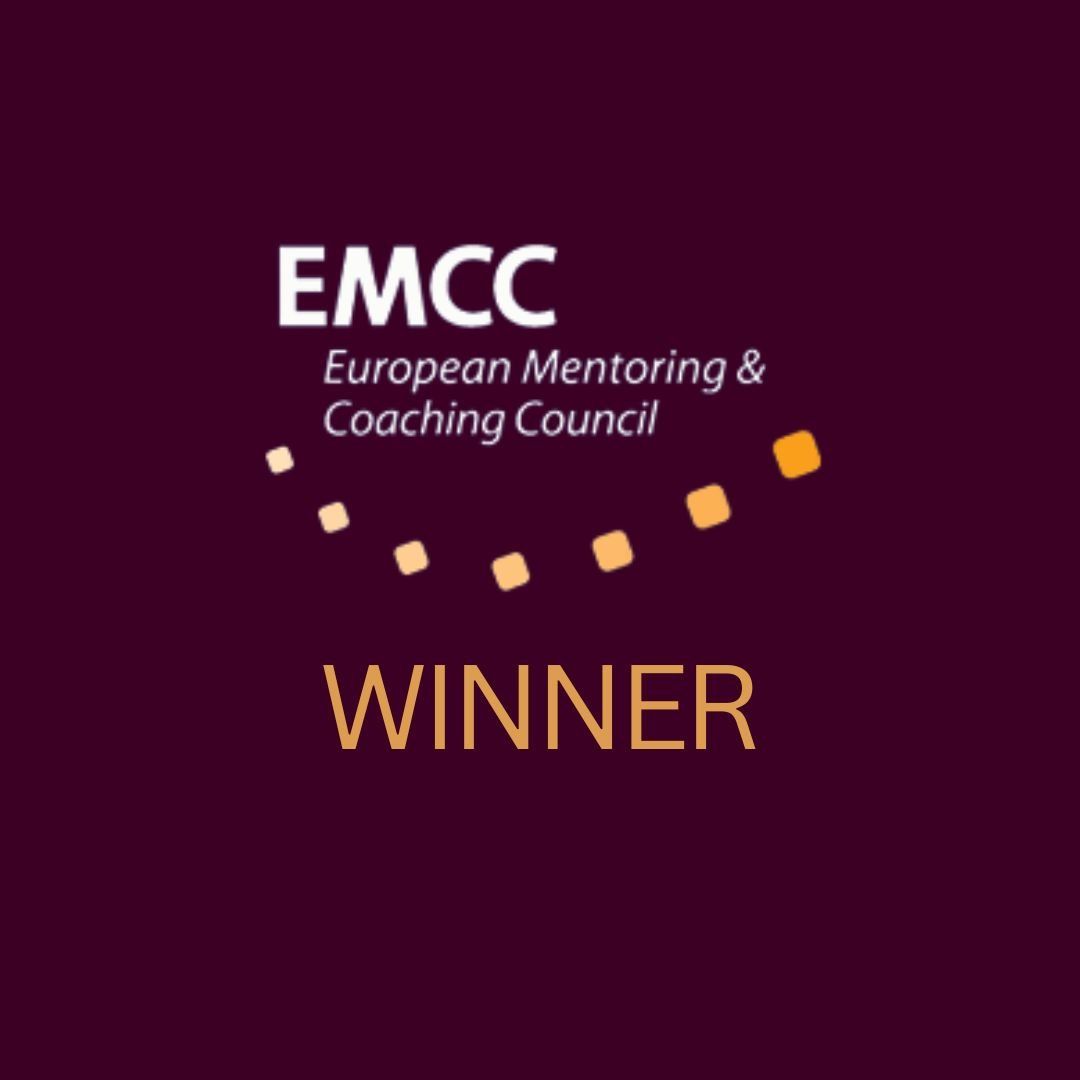An interview with a Volunteer Mentor
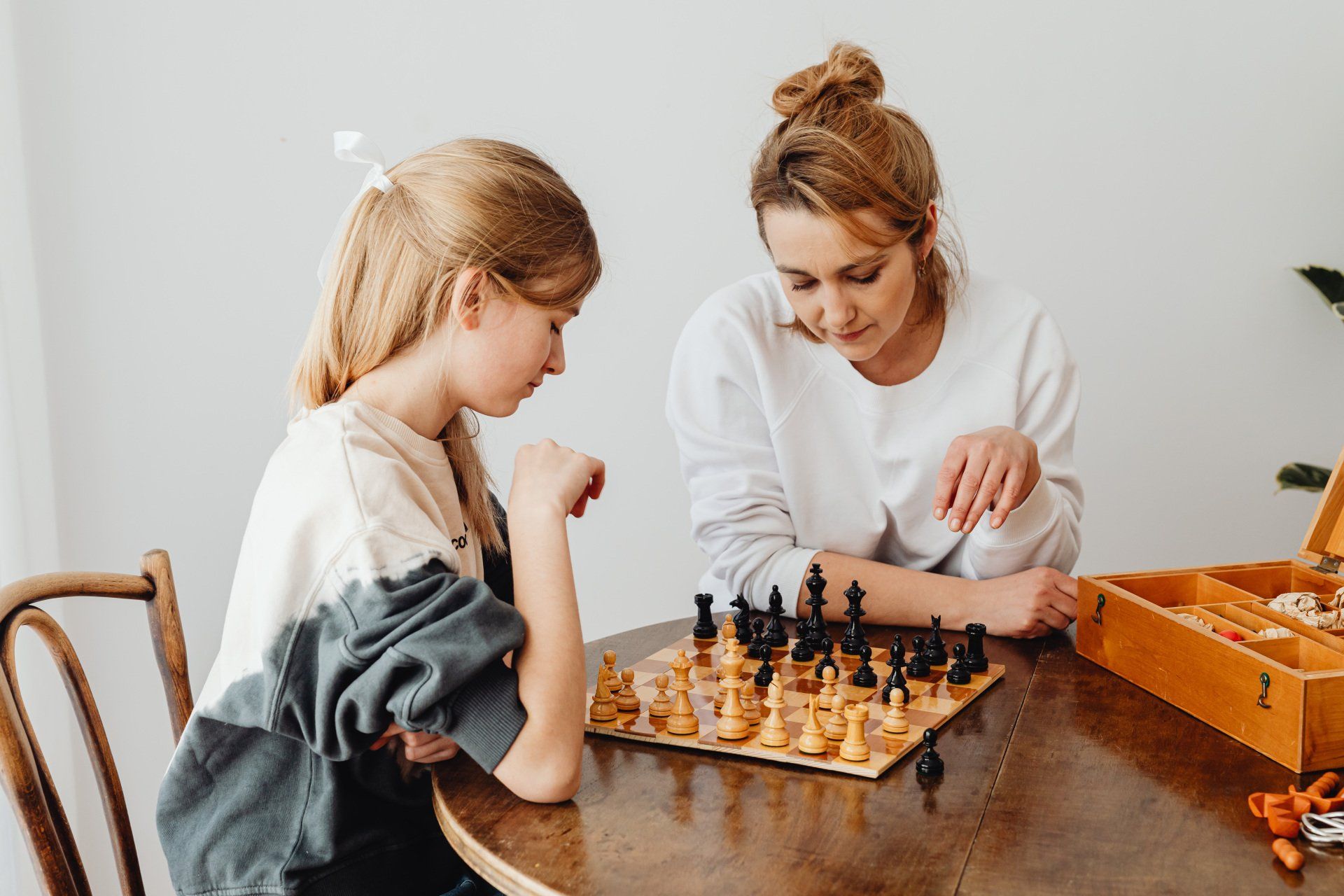
All the children and young people with whom The Island deals have felt excluded in one way or another. The Island volunteer mentors aim to 'include' them by providing support and encouragement in a consistent manner. Recently we caught up with one of our mentors for a Q&A session to find out what it’s like to be a mentor for The Island.
How long have you been a mentor?
I have been mentoring for over a year now and really enjoy the activities that my mentee and I get involved in.
What made you decide to become a mentor?
I decided to become a mentor as I began noticing how disadvantaged children and young people are in York. York is often perceived as an affluent city. However, in my opinion, the high living costs and minimum wage jobs in the city are the reason why so many of the city’s youngsters are living in poverty and missing out on positive childhood experiences. There are many masked challenges in York which are leading to more children and young people needing to access The Island’s provisions.
What skills and experience do you need to become a mentor?
No experience is needed as The Island provide training, which is great. I have a small amount of experience working with children when I briefly considered becoming a teacher but instead opted to go down the creative arts path. I am quite a patient and jolly person, but unfortunately, I had an unsettled childhood, which resulted in a lot of trauma. I could not do anything about my situation back then and felt that my experiences and interpersonal skills could be useful for the charity.
What is the application process like to become a mentor?
It’s relatively straightforward. You fill in a few forms and go in for an interview. Then once you’ve completed your training, and your Enhanced DBS Check comes back clear, you are paired with a mentee who has similar interests to yourself.
What training do you need to do as a mentor?
I did three evenings of training, but I believe The Island now do the training over two nights. The training was easy to follow and included break out activities which made the sessions enjoyable; it also gave me the chance to meet other prospective mentors.
Do you feel well supported in your role by The Island?
Yes, The Island are wonderful. If I need anything or had any questions, then all I need to do is to contact the Mentor Supervisor via phone or email and they come back to me quite quickly. I feel quite comfortable and empowered within my mentoring role.
What do you like most about being a mentor?
It’s very different from anything I have ever done before. I mentor my mentee for planned activities where we could do anything from going out to tea together, bowling or simply attending an art class together. We just talk about general things really and build relations with one another. Through this relationship building comes honest conversation about the challenges they are facing in their lives, which gives us the chance to talk about them if my mentee wishes to do so. I feel really pleased about how far my mentee has come. My mentee used to be shy and would not talk, and now you can’t get a word in! I really enjoy meeting up with them and seeing how they have got on since our last session.
What does a mentor do?
A one-to-one mentor takes their mentee out regularly to take part in activities within the community. I see it as a form of play therapy where we bond over an activity and then conversation begins which allows me to help my mentee when needed.
How much time do you need to dedicate to being a mentor?
Mentoring sessions are commonly weekly, but due to my work commitments, we have an arrangement where I meet my mentee biweekly, which works great for both of us. I would recommend to anyone concerned about the commitment to contact the team to see what alternatives are available. Sometimes there are mentees who may need some short-term mentoring.
What would you say to someone who was considering becoming a mentor?
It’s really rewarding supporting the next generation. Mentoring has also given me the opportunity to try new activities that I have never done before. For example, I have never done pot painting before. I really enjoy it, and now regularly attend pot painting classes in my spare time. The biggest take away from the mentoring relationship so far has been discovering what challenges children and young people face today. When I was a child, social media was only just emerging, and now it is part of everyday life. Social media can be a great tool; however, it can also negatively impact children in terms of the thoughts and feelings they have about themselves. Getting children and young people away from devices gives them the chance to explore new activities and grow their confidence and self-esteem.
At The Island, we are constantly looking for people who have the ability to listen, and who feel they can develop a positive rapport with children and young people in an honest, challenging and non-judgemental way. All prospective volunteer mentors receive training, support and supervision. This covers such areas as communication, child protection, equal opportunities and often, in the process, mentors learn more about themselves, too. To find out more about our volunteer and job opportunities, click here.
Follow us on social media
Why not follow us on our social media channels - Facebook, Twitter, Instagram, LinkedIn and TikTok
to keep up to date with our charity work in York - providing Islands of space and time for vulnerable children and young people; by building confidence, self-esteem and unlocking potential through positive mentoring relationships and unique programmes.
